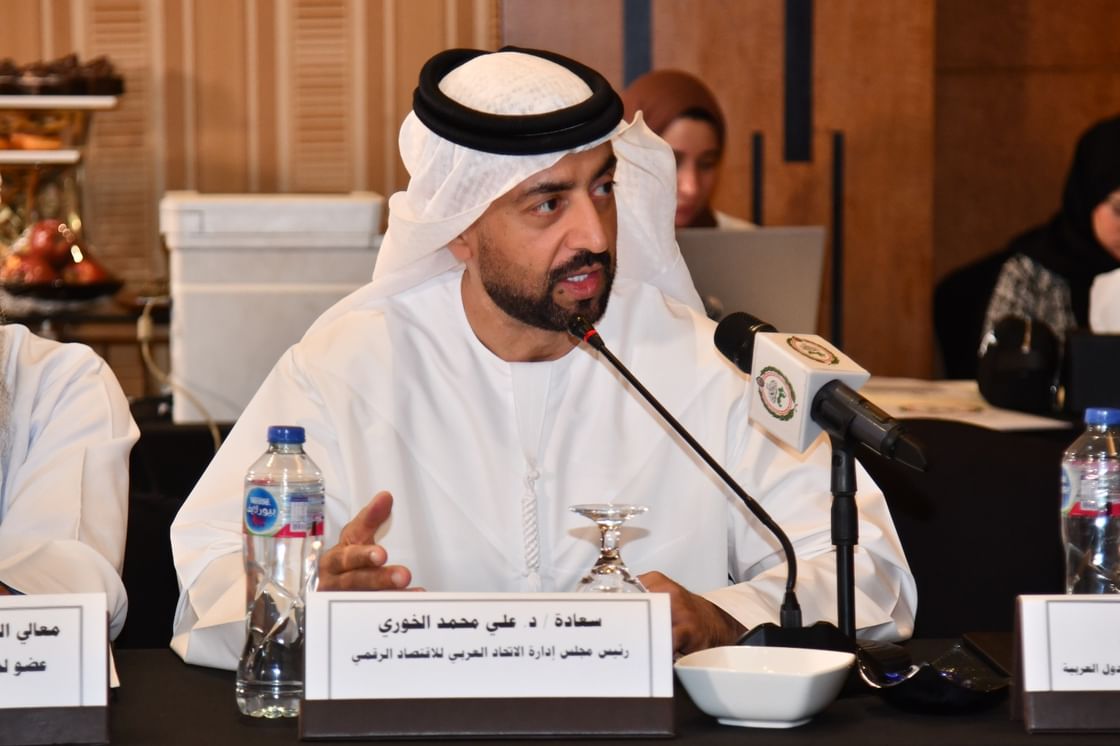Cairo
Source: Al-Wafd newspaper
Prof Dr. Ali Mohammed Al-Khouri
While the world turned the pages of the twentieth century and entered the twenty-first century with the momentum of progress and development, the Arab world remained captive to profound transformations, ranging from regional conflicts, liberation revolutions, and political coups. Despite this, the desired progress remained absent, and the great aspirations for unity and development were not achieved. Rather, crises worsened, and critical paths deviated, and with them historical potentials that could have reshaped the future of the region were lost.
Colonial Legacy and Failed Domestic Policies
The end of colonialism in Arab countries did not herald the beginning of an era of true independence, but rather left a heavy legacy of geographical division and societal division, in addition to a deep economic dependency that entrenched the dominance of global powers over the region’s resources. In addition, the absence of participatory leadership that creates an environment for dialogue and development, in turn, exacerbated governance problems and mismanagement of resources.
In light of these challenges, human and natural resources were wasted, and Arab countries were exhausted in internal and external conflicts. This trend not only deepened the gap between peoples and governments, but also contributed to the production of a political and social environment that hinders reforms and feeds feelings of public frustration.
Intertwined Economic and Social Challenges
Today, Arab countries stand at a critical crossroads, facing extremely complex economic and social challenges. High unemployment rates, social inequality, and pressure on infrastructure due to population growth are all factors that feed structural crises that threaten stability within the Arab world. Moreover, in light of these volatile and tense conditions, external interventions have played a negative role, contributing to the exacerbation of internal disputes and hindering attempts to achieve political and social stability.
The
effects of economic and social deterioration did not stop at the borders of Arab countries, but extended to include the entire world. The Arab region has become a scene of severe humanitarian crises, from waves of displacement and migration to the worsening suffering of the most vulnerable groups of children and youth. In the absence of coherent strategies to deal with these crises, new threats have emerged in the form of the spread of extremism and terrorism, making the region a source of global concern that threatens international security and stability.
Opportunities for Reform and Development
Amidst these bleak realities, there is still hope for reshaping the Arab region’s path, but it is conditional on decisive decisions and radical strategic reforms. There can be no talk of real development without a comprehensive restructuring of state institutions and their working mechanisms to ensure justice, transparency, and accountability. This change requires a transition to governance models based on the separation of powers and the rule of law.
In addition, reforming the education system is the cornerstone of these transformations, not only to develop human competencies capable of effectively contributing to economic and social development, but also to create advanced knowledge economies. Modern technology also represents a golden opportunity to overcome traditional constraints and create new economic models capable of global competition.
On a broader level, Arab integration cannot be considered an option but rather a strategic necessity, as Arab countries need a shared vision for development that promotes collective interests and puts an end to conflicts that do not achieve any real benefit, and which are often exploited by external powers to enhance their influence at the expense of the stability of the region.
At the heart of this vision, youth must be at the heart of it, as they are the real engine for building the future and achieving sustainable transformations. These enormous energies and their ability to innovate and adapt represent the driving force for positive change in the Arab world.
Reshaping the Arab Reality History
has taught us that major transformations require a strong will and a long-term strategic vision. Hence, decision-makers in Arab countries must realize that the future of the region depends on their ability to overcome narrow differences and divisions and work towards achieving integration in common interests. Talking about the future of the Arab world cannot be reduced to superficial reforms or fleeting political promises, but rather requires a fundamental shift in thought and practice that redefines development in a comprehensive sense and goes beyond economic dimensions to lay the foundations of social justice and establish a climate of transparent and constructive dialogue that consolidates the values of belonging, cooperation and shared responsibility.
The opportunity still exists, but it is conditional on collective action and the belief that the Arab future is not made by waiting or anticipation, but by will, taking bold steps and working together.











